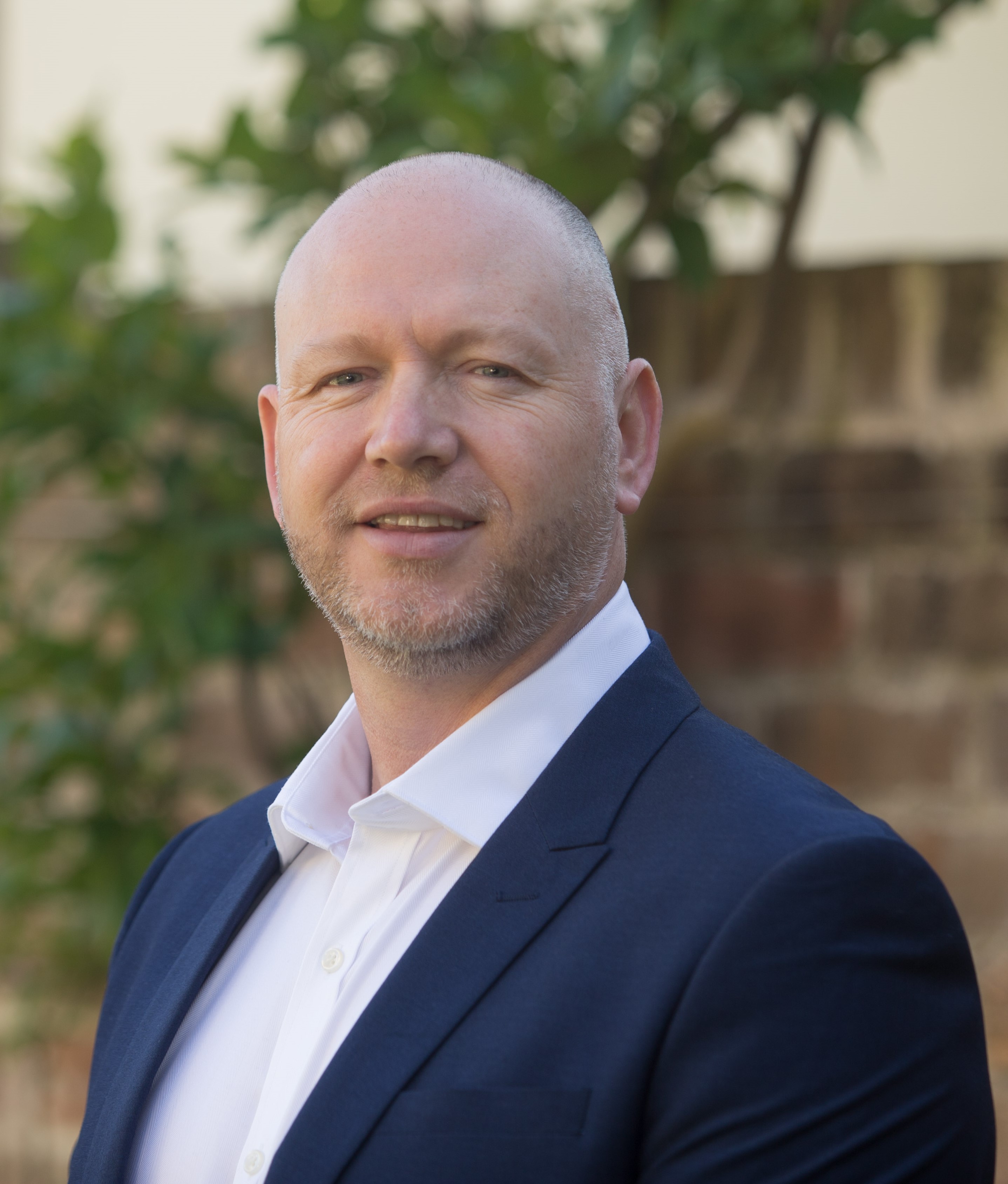Johnny Kollin, IRMCert: Vice President, Wholesale Credit Sanctioning, Barclays UAE
Johnny Kollin, IRMCert
Vice President
Wholesale Credit Sanctioning
Barclays UAE
How did you get your job as a credit risk sanctioner?
During my penultimate year of studies at the MSc program at Stockholm School of Economics, I completed a summer internship program in the rates sales team at Bank of America. Towards the end of the program my line manager at the time recommended that I look into credit risk management based on the tasks which I had enjoyed and matching my strengths and weaknesses, especially at a time when the market environment (summer of 2007) indicated an increasing demand for risk professionals. One year later I was admitted to their graduate program. Three months into the job Lehman Brothers filed for Chapter 11 and the importance of the credit risk function became ever more apparent. Having completed a year, I moved on to the credit risk function at Barclays where I have spent the last nine and a half years, gradually gaining more experience and more responsibility.
What’s a typical day like as a credit risk sanctioner?
Most days involve a mix of regular tasks such as investigating any excesses or past-dues, reviewing transactional requests and conducting regular credit reviews of existing clients, as well as reviewing and discussing new transactions and new clients. What is typical for the job is that one is constantly faced with a large number of decision-making situations – often potentially involving significant amounts of money. My role is to balance the needs of both internal and external stakeholders. This means ensuring the business can continue supporting our clients in the right way whilst generating returns to our shareholders, ensuring adherence to regulations and ultimately protecting the balance sheet of the organisation as well as the equity of the shareholders.
What do you enjoy most about your job?
I enjoy the fact that whilst my job is fairly niche it is also diverse. Working in the Credit function at Barclays encompasses a number of different skills depending on where in the transaction lifecycle I am concentrating on. The work style ranges from quiet individual reading and writing to lively and collaborative discussions with colleagues from other departments. Required skills range from information gathering and assessment, analytical and problem solving skills, negotiating and influencing, to decision-making. It also gives a sense of achievement when reaching a decision and closing a transaction.
In what way are your IRM qualifications relevant?
The training courses and qualifications provided by IRM are a great way for junior professionals to learn the foundations of risk management and for more seasoned professionals to broaden and deepen their existing knowledge as well as staying abreast with recent developments in addition to networking with fellow risk professionals.
What would you say to others thinking about joining IRM as a member?
Firstly, review the different membership grades offered by IRM, which ranges from free student membership to paid certified membership, and choose the level of involvement and costs that suit your current level, ambition and budget. Secondly, review the curriculum and assess whether it matches the professional development plan you have in place. Finally, prepare a business case and conclude whether there is value in moving forward.
How has your role developed and what are your career ambitions?
I began my post-graduate banking career working for Bank of America and subsequently Barclays in London, where I covered credit risk related to Western European financial institutions. In 2010 I moved internally to Dubai and started covering emerging markets corporate clients of Barclays UAE. Since then my role has gradually expanded to include credit coverage for both the Corporate Bank and the Investment Bank across all products offered, and across multiple sectors and jurisdictions within the Middle East and North Africa.
As I gained further experience, I took on management responsibility and was granted higher credit approval authority thereby increasing the number and complexity of requests falling within my discretion. My role has also widened to include review of new products and services, attending cross-functional risk committees as well as regularly interacting with external stakeholders such as regulators and industry bodies. What is evident is that the interconnectedness between different areas of risk is becoming increasingly important.
Has being linked to IRM helped?
With seniority in a niche domain and working for an industry leading financial institution such as Barclays, there is a greater need for proactively seeking opportunities for professional development. Our industry is undergoing significant regulatory change, particularly in the Middle East, and there are multiple market environment uncertainties.
The IRM has helped me get in contact with fellow senior risk professionals who are active in other industries, to exchange ideas and challenges.
Furthermore, the IRM International Certificate in Financial Services Risk Management gave me a bird’s eye view of enterprise risk management as it applies to financial institutions, thereby assisting me in staying up to date with best practices as well as providing insights in to ancillary risk areas as my role widens.
How do I become a credit risk sanctioner?
Most, if not all, professional credit risk officers have an educational background with a Bachelor’s or Master’s degree. My experience is that international banks are also well aware of the difference in quality of education between different universities and business school. This means you need to keep in mind both the educational program as well as the reputation and ranking of the university or business school, which you are considering.
In terms of the field of study, I would recommend majoring in a business or economics related area. As you are nearing your graduation, attending an internship program at one of the leading banks is a great way for both students and banks to see if there is a potential fit for the role.
For experienced professionals, completing additional training courses such as the ones offered by the IRM is a good way to gain more specific knowledge of risk management and stand out as a candidate in a competitive job market.
What advice can you give to others?
- Take ownership of your own professional development and career. No one but yourself will have the same genuine interest in your success.
- Create a professional development plan for yourself and your team. It helps prioritising and staying on track.
- Actively seek out ways of staying abreast with regulatory and industry developments, and developing your skills.
- Widen your perspective and look at alternatives for high-priced courses. There is an abundance of free and cost effective training courses and literature available if you know where to look. Start by listing well-renowned sources linked to your area of expertise, sign up to their newsletters and read the many reports which are often available for free. Some favourites include The Economist Intelligence Unit, The IRM, The Loan Market Association, McKinsey & Company’s “McKinsey Insights” and PwC. Additionally, many of the large law firms including Clifford Chance Middle East, Herbert Smith Freehills and Linklaters, provide their clients with regular insights to developments in the local regulatory environment. Make sure you are on their distribution list if the company for which you work is a client of theirs!
- For skill development, research what courses are offered by your employer but also consider options such as LinkedIn Premium or Coursera, as well as watching TED Talks.
- Follow inspirational individuals on LinkedIn! They often share a glimpse of their expertise for free. Not only can you learn from them directly but also expand your list of go-to resources – check their sources and links!
- Recent studies suggest gratitude is good for health and good for society. Show your gratitude by giving back to the community – be it in your professional community, your school or university, or the community in which you live and work in! If you read a post or article on LinkedIn which inspires you or teaches you something – like, comment and/or share it! Reach out to your school or university! If you cannot participate in their fundraising activities, perhaps you can volunteer your time to hold a seminar, participate in a CV workshop or mentor a student. Participate in community work and volunteering activities. Not only does it benefit the recipients, it also helps you develop as a person and contributes to a sustainable economy and society.






